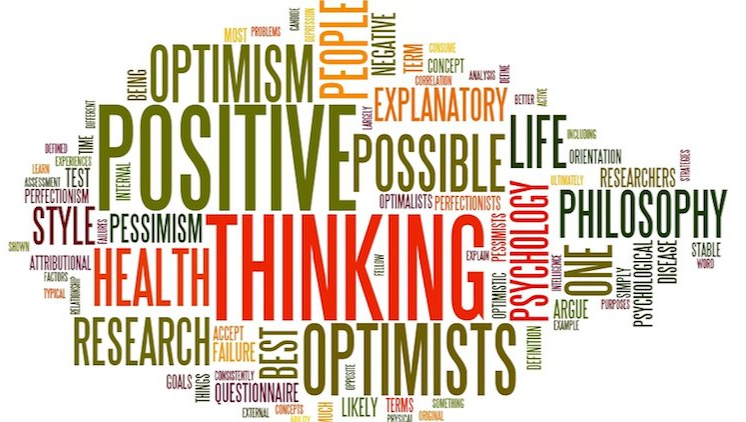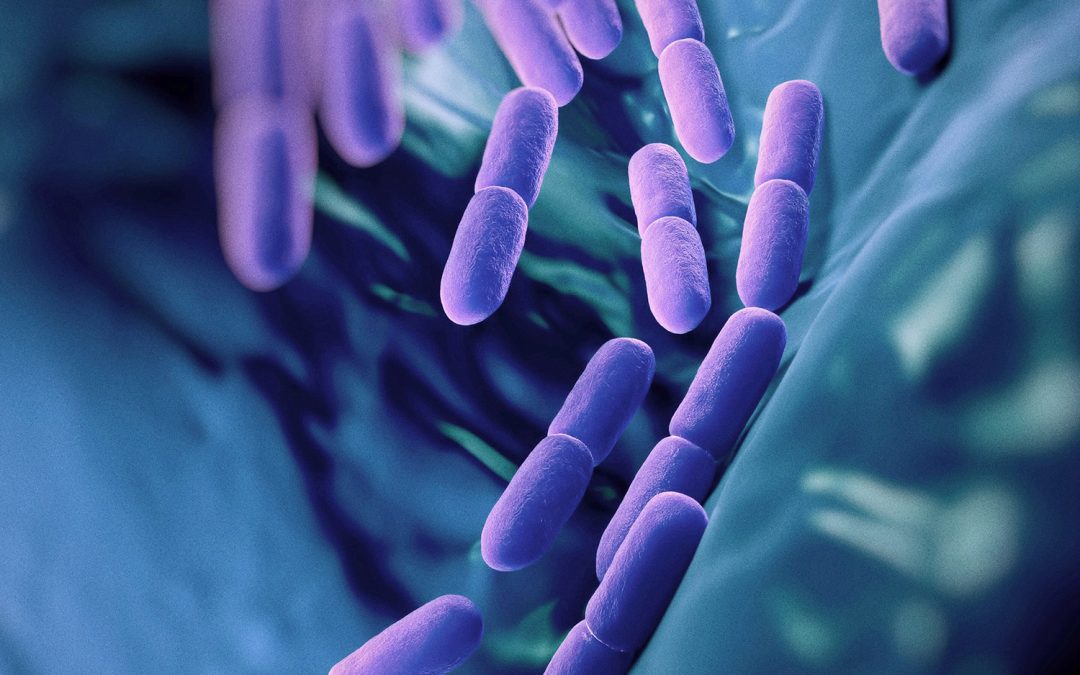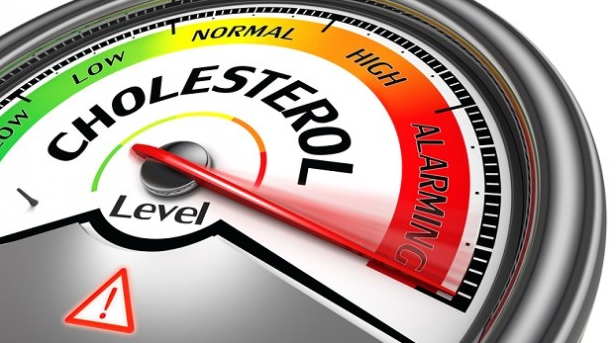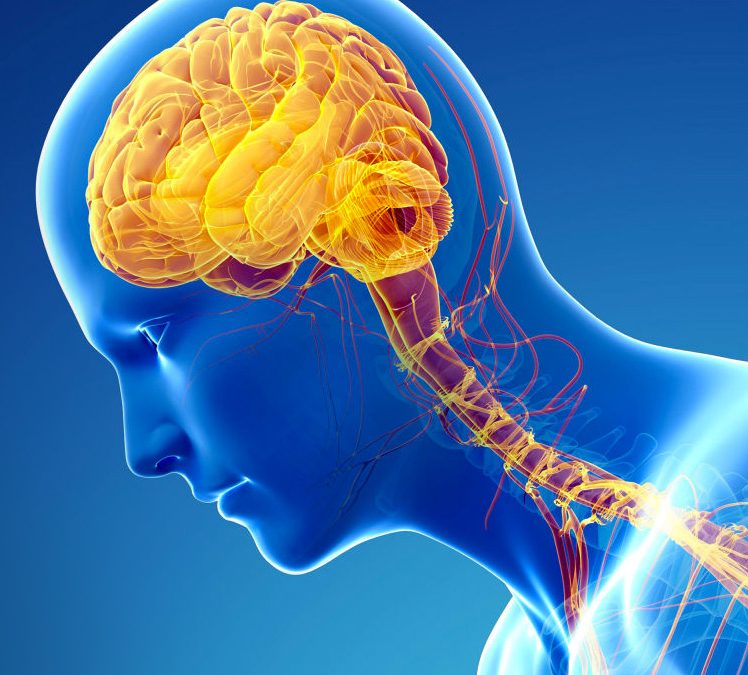
by Gill | Mar 30, 2021 | Most Recent, Natural Facts, Psychological Health
Be Positive and “Awe-Inspired” Introduction: The field of positive psychology is providing valuable insights on exactly how our emotions influence our lives and our physiology. One area of body function that is very closely tied to our emotional experiences is the...

by Gill | Mar 19, 2021 | Digestion, Immune System, Most Recent, Supplements, Supplements, Treatments and Research
HK L-137 is a Heat-Killed Probiotic with Powerful Immune Effects Introduction One of my all-time favorite natural products is HK L-137. It is an extremely interesting immune-enhancing product from a probiotic organism, yet the bacteria are heat-killed to stabilize its...

by Gill | Mar 1, 2021 | Heart Disease, Most Recent, Natural Facts
High Cholesterol What is cholesterol? Cholesterol is a fatty substance in the body that serves several vital roles. It is a building block for various hormones and bile acids; and it plays a major role in stabilizing cell membranes. While proper cholesterol levels are...

by Gill | Dec 29, 2020 | Featured, Most Recent, Natural Facts, Supplements, Supplements, Treatments and Research
Dr. Murray’s Personal Supplementation Plan I frequently get asked what supplements do I take. So, here it is as detailed in my latest book, The Longevity Matrix. You will see that I take a lot of supplements. The way that I organize them is by creating a little...

by Gill | Dec 10, 2020 | Health Conditions, Most Recent, Natural Facts
Parkinson’s Disease Introduction Parkinson’s disease is a degenerative brain disorder caused by damage to an area of the brain responsible for controlling muscle tension and movement. The damaged brain cells in this region are unable to produce sufficient dopamine, an...








